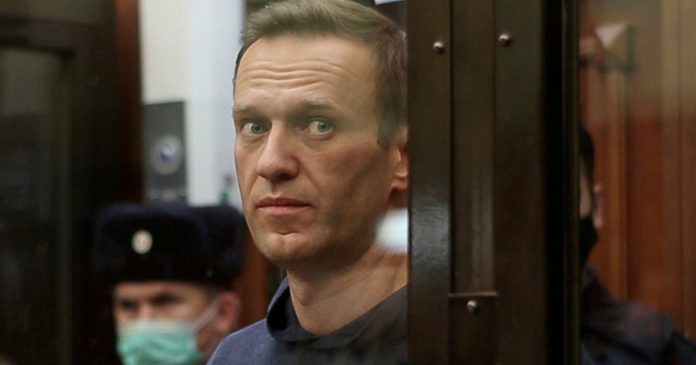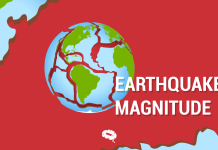[ad_1]
Kremlin critic returns to court having been jailed earlier this week, as a top EU official meets the Russian FM.
Jailed Kremlin critic Alexey Navalny returns to court on Friday to face trial over a slander charge, amid a chorus of calls from Western capitals for his release and talks between the European Union’s top diplomat and Russia’s foreign minister.
Navalny, Russian President Vladimir Putin’s most prominent opponent, was jailed on Tuesday for almost three years over alleged parole violations of a suspended sentence linked to a 2014 embezzlement case, which he has said was politically motivated.
He appeared in court again on Friday morning to face charges he slandered a World War II veteran who took part in a promotional video backing last year’s reforms that let Putin run for two more terms in the Kremlin after 2024 if he wants.
Navalny described the people in the video as traitors without a conscience and as corrupt lackeys.
Though the charge is currently punishable by up to two years in jail, he cannot face a custodial sentence because the alleged crime was committed before the law was changed to make it a jailable offence, according to the 44-year-old’s lawyer.
Navalny said last year the case was part of an unrelenting campaign to stifle his political campaign against the Kremlin.
EU-Russia talks
Navalny’s latest hearing comes as Josep Borrell, the EU’s high representative for foreign affairs and security policy, is set to meet Russian foreign minister Sergey Lavrov in the capital, Moscow.
Despite close trade ties and energy interdependence, Russia’s political relations with the EU have plunged to post-Cold War lows since Moscow annexed Crimea from Ukraine in 2014.
On the eve of the talks, the Kremlin said it wanted dialogue between Moscow and Brussels to be restored to discuss what it said were many disagreements.
Borrell said Russia and the EU see each other as “rivals and competitors”, adding the pair’s relationship was at a “low point” over Navalny’s case.
“We have strong disagreements when it comes to the conflicts in our immediate neighbourhood, from Ukraine and Belarus to Libya and Syria, and when it comes to human rights and fundamental freedoms,” the Spanish diplomat told the Interfax news agency.
“We have made our position very clear on the poisoning of Alexey Navalny, his arrest and that of thousands of demonstrators over the past days,” Borrell added.
Thousands arrested over protests
Navalny’s jailing has prompted condemnation from the EU and several Western nations, with calls for sanctions on Russia growing in Europe.
Moscow has so far brushed off the foreign criticism of its handling of Navalny’s case as external interference, accusing the West of hysteria and double standards.
The Kremlin has also said recent protests over Navalny’s arrest which saw tens of thousands take to the streets in towns and cities across Russia were broken up by police because they were illegal.
More than 10,000 people have been arrested for taking part in the demonstrations, according to protest-monitoring group OVD-Info.
Navalny was initially arrested on January 17 upon returning to Russia from the German capital, Berlin, where he spent five months recovering from an alleged nerve-agent poisoning he blames on the Kremlin.
The Kremlin denies involvement in the August 2020 incident and says it has seen no evidence Navalny was poisoned.
[ad_2]
Source link











